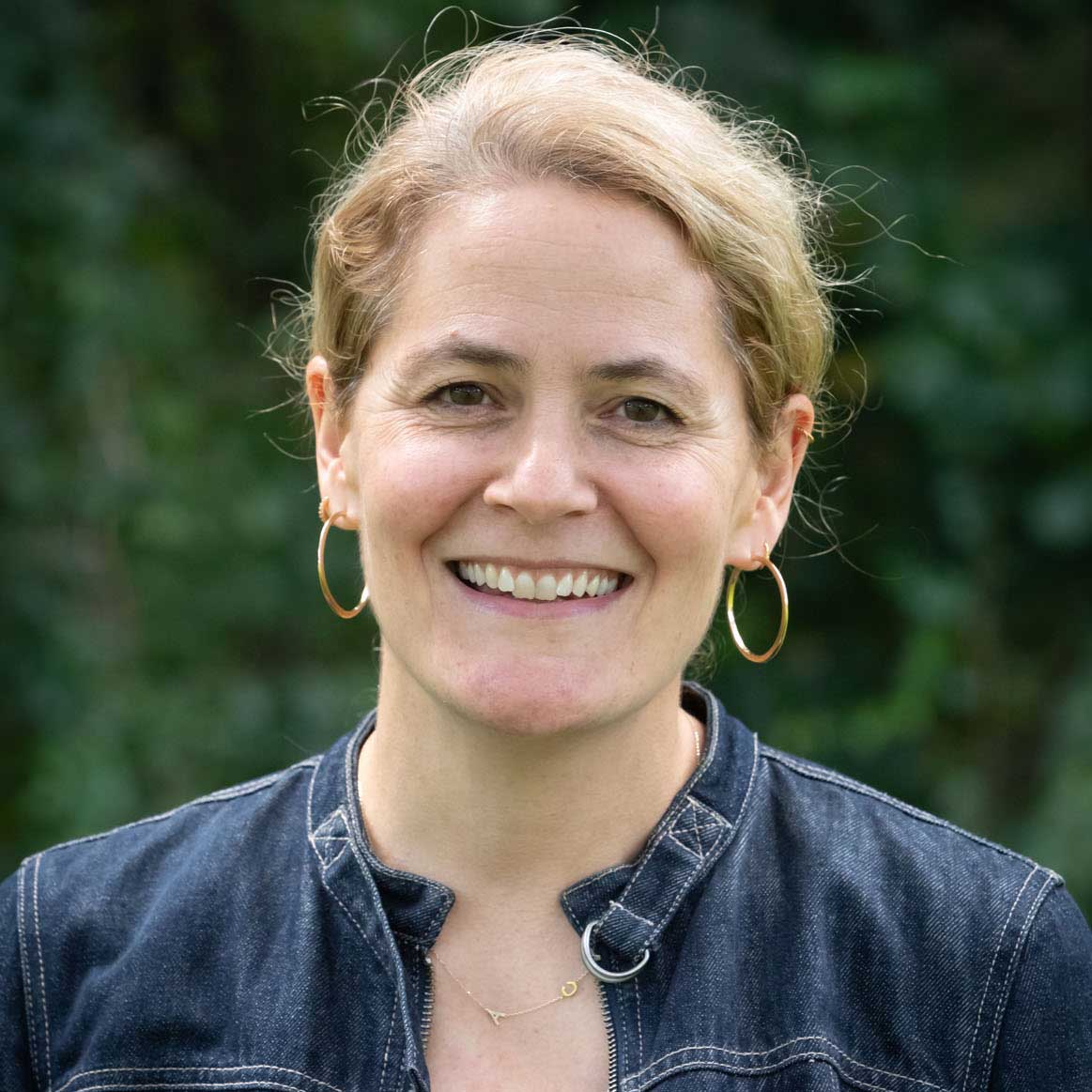Last week, I attended the NAIS (National Association of Independent Schools) conference in St. Louis (my hometown!), where the theme was “thrive.” Speakers, presenters, and attendees like me found renewed joy and inspiration in the work we do in independent schools. The most profound lessons from this great conference came from a talk by a personal hero of mine, Isabel Wilkerson, Pulitzer Prize-winning journalist and author of The Warmth of Other Suns and Caste.
Wilkerson shared her reverence for “the quiet power of narrative nonfiction.” As a journalist, Wilkerson approaches her research and writing through narrative inquiry—years of intimate conversations with people who lived through times and hold experiences that only they could share accurately. She reflected on the years she dedicated to writing The Warmth of Other Suns and her goal to present a book about the Jim Crow-era American South that was deeper than the commonly known facts presented to students in school.
“I was looking for examples of storytelling that went beyond just the story of segregated water fountains,” Wilkerson told us. “My interviews and research took 15 years because my goal was to recreate the world of the past [so that readers today could ask], ‘What might we have done in that world?’” She creates works of candor that allow people to speak and think for themselves and invites readers to engage in history that comes “with receipts”—the hundreds of endnotes in her books that lead back to the first-hand stories she collected and the truths about an experience one person shared with another. She hopes that through the stories she presents and those endnotes, readers will form their own decisions about how and why the past played out as it did.
Wilkerson also spoke about radical empathy. When we study the past, she noted, we often assume we might do something differently than people did then. She urged us to engage in radical empathy—not to imagine what we would do in a situation but to research to truly understand another person’s experience. We truly do not know what it’s like to be in any circumstance we have not faced. The act of extending ourselves and inviting another person into a dialog about their experience is critical.
At Belmont Day, classes and lessons are filled with primary sources—written narrative accounts, first-hand oral histories, artifacts, artworks, sound recordings, political cartoons, and documentary films—that help students understand history and the social sciences. Isabel Wilkerson concluded her talk by expressing the firm belief that telling and studying history should be less about examining what makes us different and more about what makes us the same. Hope, joy, and inspiration are all found in the precious commonalities of the human experience that we all share.

